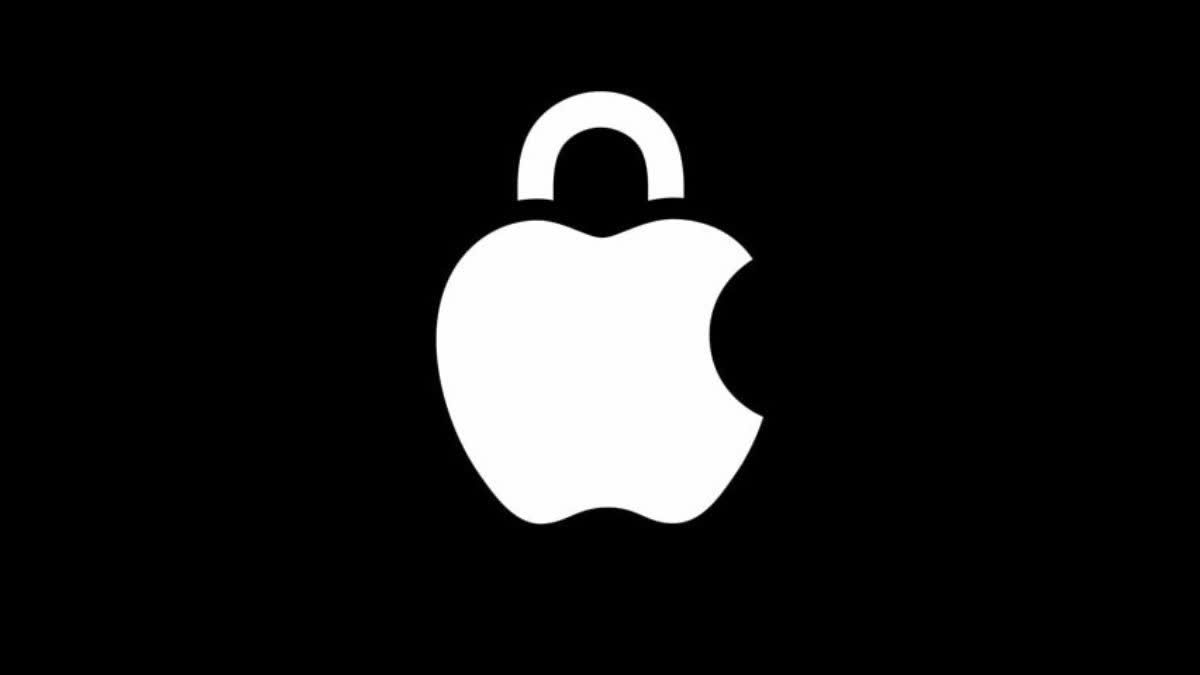Hyderabad: Apple on Thursday released a statement, claiming that it never used Siri data to build marketing profiles, never made it available for advertising, and never sold it to anyone for any purpose. This comes after Apple agreed to pay $95 million to settle a class-action lawsuit, which alleged that the company recorded users' private conversations with Siri and disclosed them to third parties, including advertisers.
"We are constantly developing technologies to make Siri even more private, and will continue to do so," Apple said, detailing its "longstanding privacy commitment with Siri".
The iPhone maker stated that it does not keep audio recordings of Siri interactions unless users choose to opt in to help improve Siri. Even when opted in, the recordings are used exclusively for that purpose and users can opt out at any time.
Apple explains Siri's privacy-centric features
Apple highlighted that its virtual assistant uses on-device processing where possible while the company minimises the amount of data collected for Siri requests.
"To protect user privacy, Siri is designed to do as much processing as possible right on a user’s device, allowing for personalised experiences without having to transfer and analyse personal information on Apple servers," it said.
Apple clarified that when Siri reads unread messages or provides suggestions through widgets and Siri search, all processing is done on the user's device. The message contents are not sent to Apple servers.
For capable devices, the audio of user requests is processed entirely on the device using the Neural Engine, unless the user opts to share it with Apple. It also acknowledged that certain features require real-time input from Apple servers. In those cases, Siri uses as little data as possible to deliver an accurate result.
Apple said that it uses a random identifier (a long string of letters and numbers) to track Siri searches and requests instead of associating them with a user's Apple Account or phone number. This method helps keep user identity private.
The iPhone maker also mentioned new and improved capabilities of Siri, enabled by Apple Intelligence. It said that while many of its intelligence models run directly on the device, it uses Private Cloud Compute for requests needing larger models. It claimed that when Siri uses Private Cloud Compute, the user's data is not stored or accessible to Apple and is only used to fulfil the request.
The $95 million settlement
Last week, Apple agreed to pay $95 million to settle a lawsuit accusing the company of turning Siri into an eavesdropping tool. The lawsuit was filed in August 2019, following an article by The Guardian that claimed Siri was recording conversations without users' knowledge, even after a 2014 update meant to trigger it only with "Hey, Siri." The lawsuit also alleged that Apple shared these recordings with advertisers. The settlement is pending judge approval.
If the allegations were true, Apple might have violated federal wiretapping laws and other privacy statutes, as per AP. The company denied any wrongdoing, insisting it would have been cleared if the case went to trial.
Meanwhile, lawyers for the consumers argued that Apple could have faced $1.5 billion in damages. Although the company hasn't explained the reasons for making the settlement, major companies often decide to resolve class-action cases to avoid bad publicity and legal costs. As per the report, the $95 million settlement is a small amount for Apple as its profits since 2014 have exceeded $700 billion, boosting its market value to around $3.7 trillion.



